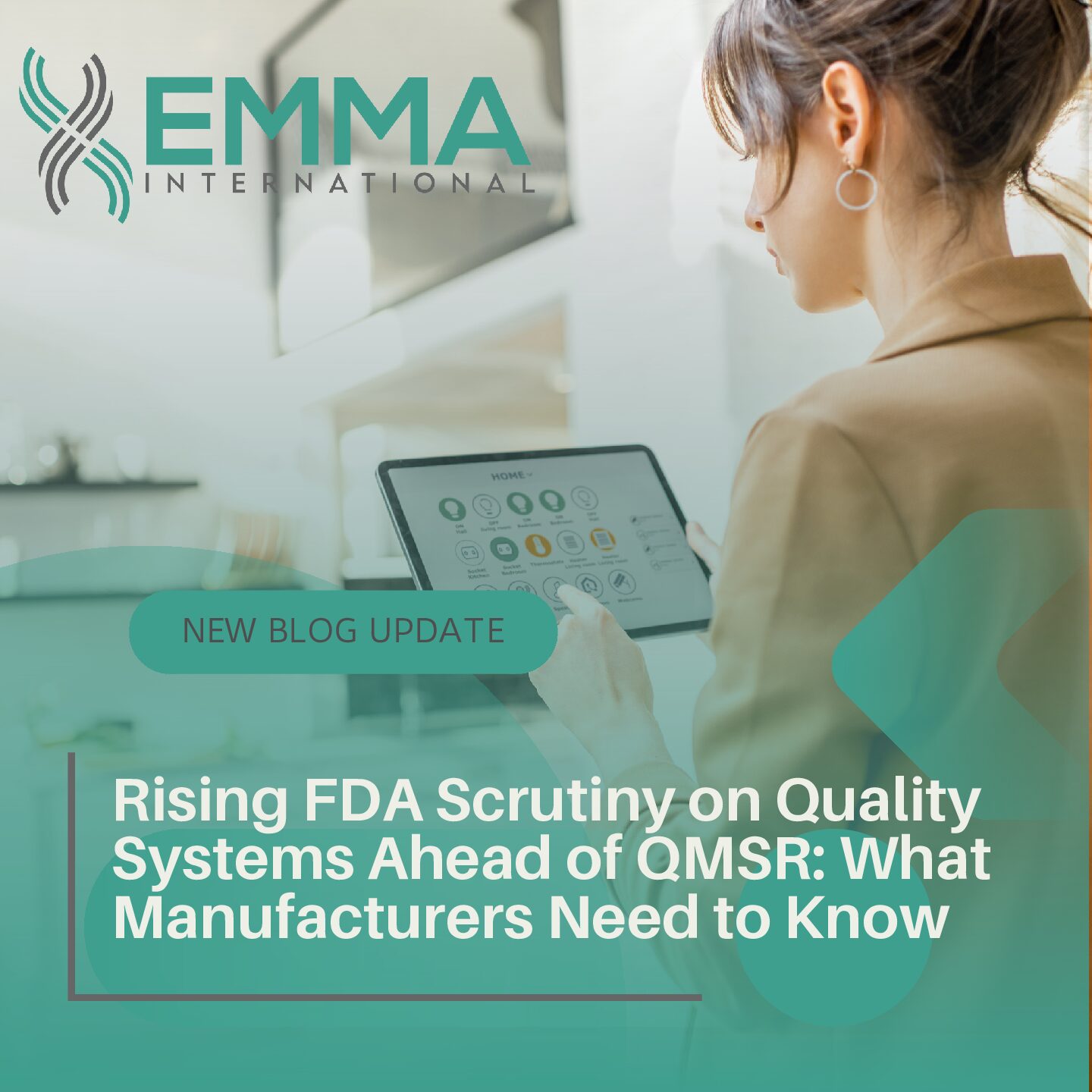Happy National Women’s Health Week! In honor of this week bringing light to important women’s health issues, I wanted to walk through a brief history of innovations that shaped one of the largest facets of women’s health – reproductive health.
The first-ever oral contraceptive was officially approved by the FDA in 1960. The drug, Enovid, was originally submitted for regulatory approval in 1957 as a treatment for infertility and menstrual disorders. Two years later, in 1959, Enovid was submitted for approval as an oral contraceptive.1 Thus, “The Pill” was born and kickstarted the regulatory landscape for women’s health. The regulatory submission for Enovid as an oral contraceptive included data from the largest drug trials ever run, including 897 women who had taken 10,427 cycles of the pill.2
The approval of “The Pill” jumpstarted an important scientific movement aimed at developing safe and effective contraceptives. In the ’80s, the Copper IUD, ParaGard, was approved by the FDA. Almost 2 decades later, in 2001, the first hormonal IUD was made available. Current data shows that IUDs are the second most popular form of contraception, behind the pill, with approximately 4.4 million users in the US.3 The modern IUD was a modern marvel with respect to women’s health. As a long-acting reversible contraceptive (LARC), it provided women effective control over their reproductive health with reduced risk for user error.
In 2018, the CDC estimated that nearly 70% of all women in the United States used some form of contraception.4 While contraceptives are easily accessible in the US, there is a shortage of available contraceptives to women in some developing countries, constituting a global reproductive health emergency. As technology continues to develop, and more focus is given to important women’s health issues, birth control as we know it continues to develop to be more safe, effective, and accessible.
All forms of contraception, from condoms to IUDs, fall within the jurisdiction of the FDA. As a proud women-owned business, EMMA International has helped bring safe and effective women’s health products to the market. If you are in need of quality and regulatory support, give us a call at 248-987-4497 or email info@emmainternational.com to learn more.
1Junod, S., Ph.D (1998) FDA’s Approval of the First Oral Contraceptive, Enovid retrieved on 05/11/2021 from: https://www.fda.gov/media/110456/download#:~:text=The%20first%20oral%20contraceptive%20was,developed%20as%20an%20oral%20contraceptive).
2PBS (n.d.) The FDA Approves the Pill retrieved on 05/11/2021 from: https://www.pbs.org/wgbh/americanexperience/features/pill-us-food-and-drug-administration-approves-pill/
3Kavanaugh, M., & Hubacher, D. (2018) Historical record-setting trends in IUD use in the United States retrieved on 05/11/2021 from: https://www.contraceptionjournal.org/article/S0010-7824(18)30192-6/pdf#:~:text=US%20data%20from%20the%20National,imately%204.4%20million%20%5B4%5D.
4CDC (2018) Current Contraceptive Status Among Women retrieved on 05/13/2021 from: https://www.cdc.gov/nchs/products/databriefs/db327.htm#:~:text=In%202015%E2%80%932017%2C%2064.9%25,and%20male%20condom%20(8.7%25).






